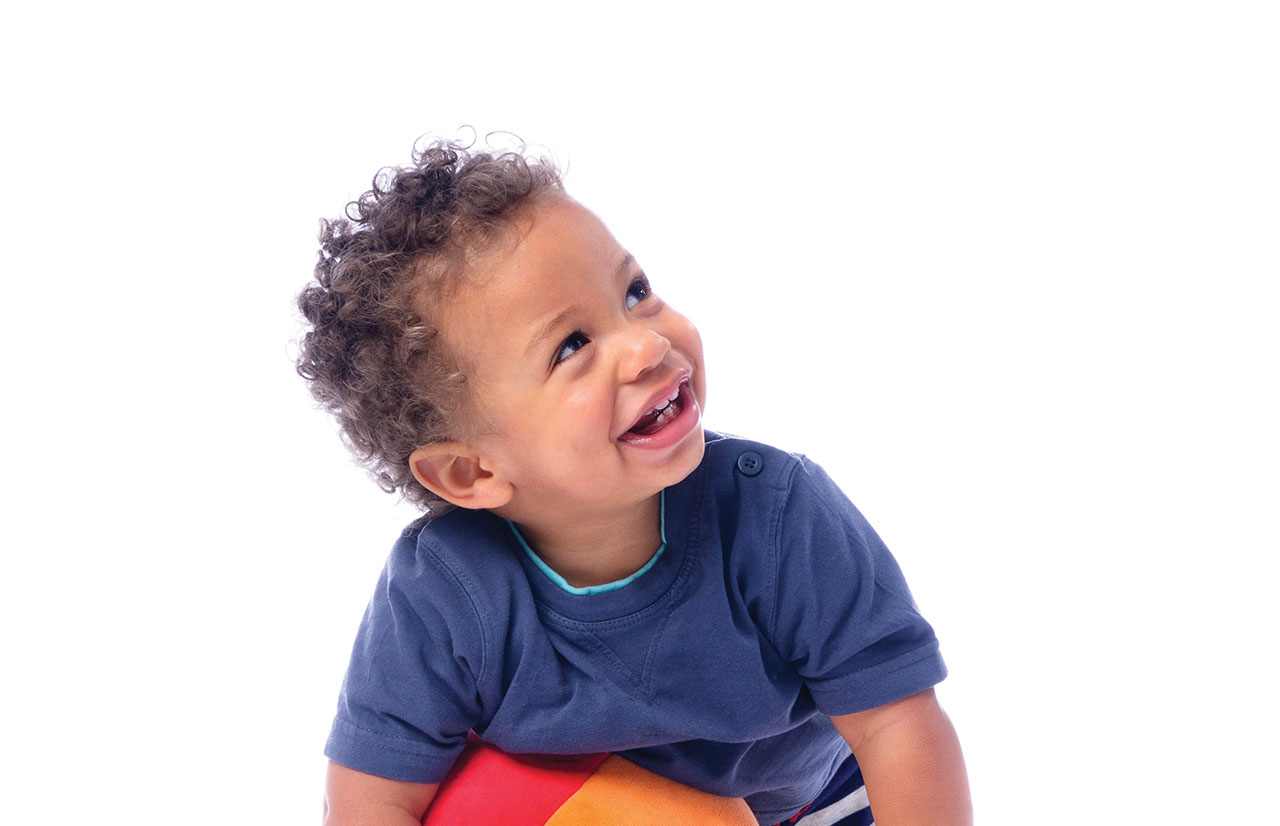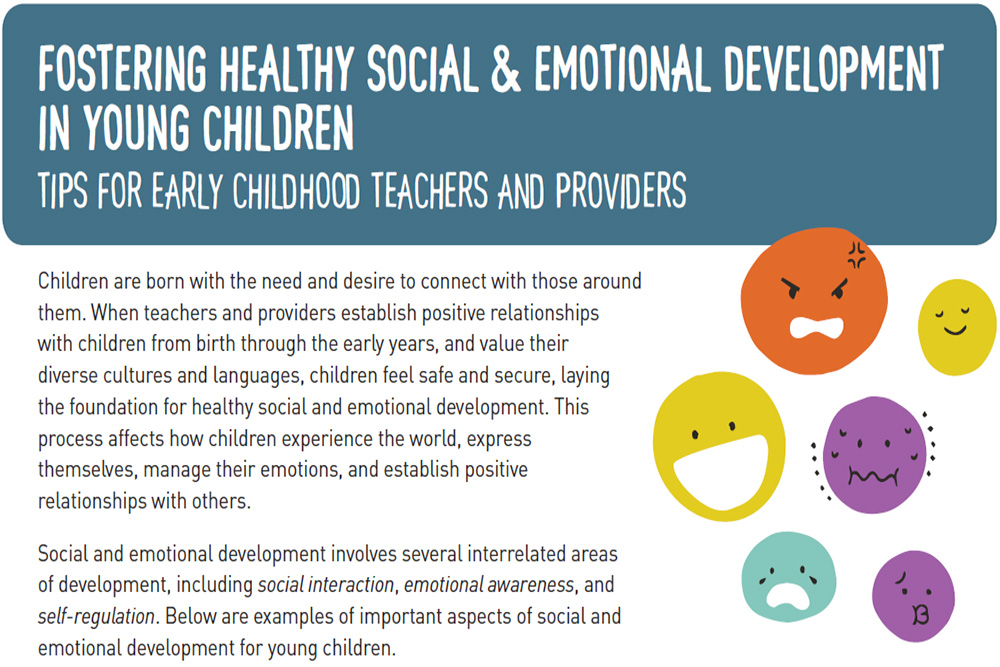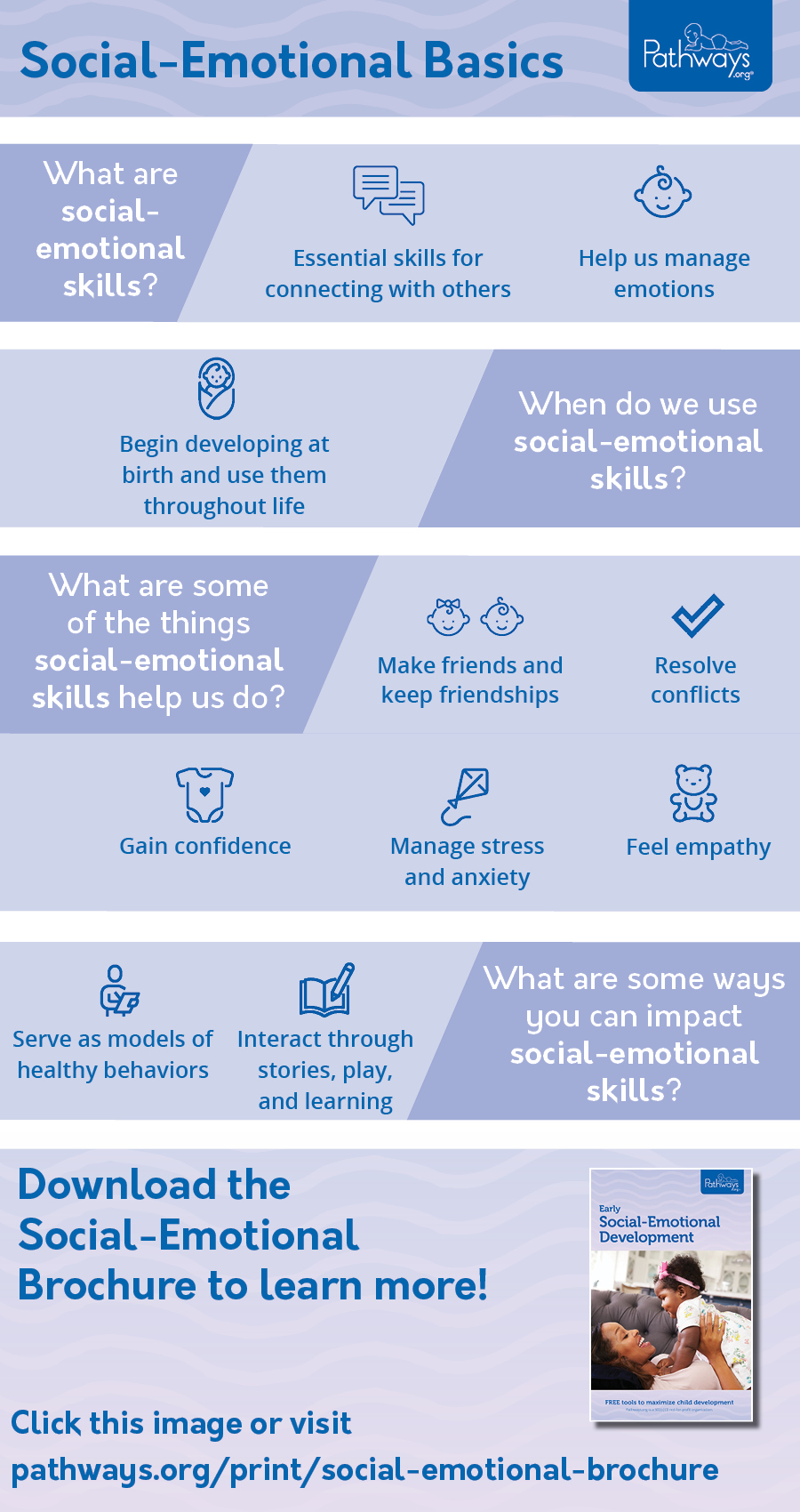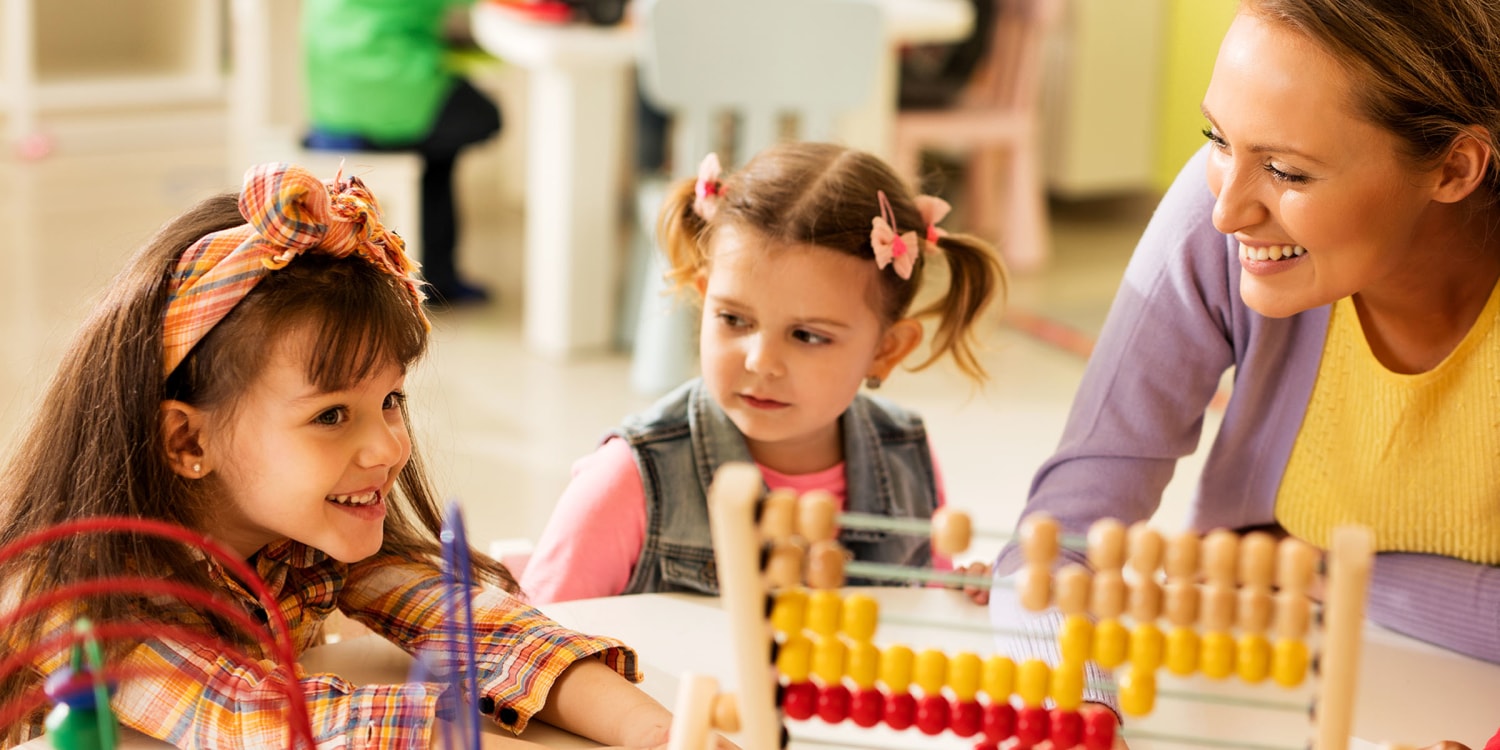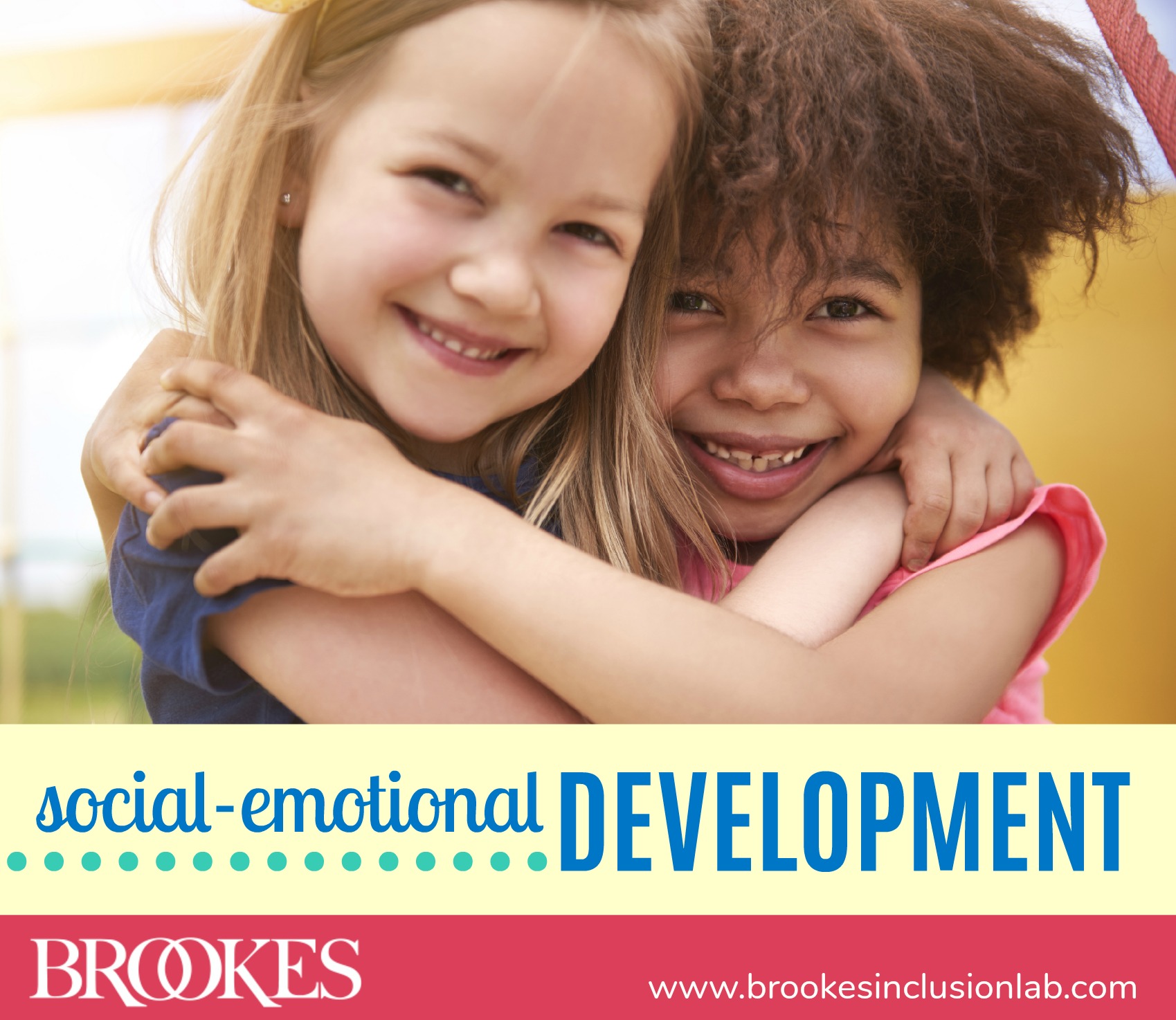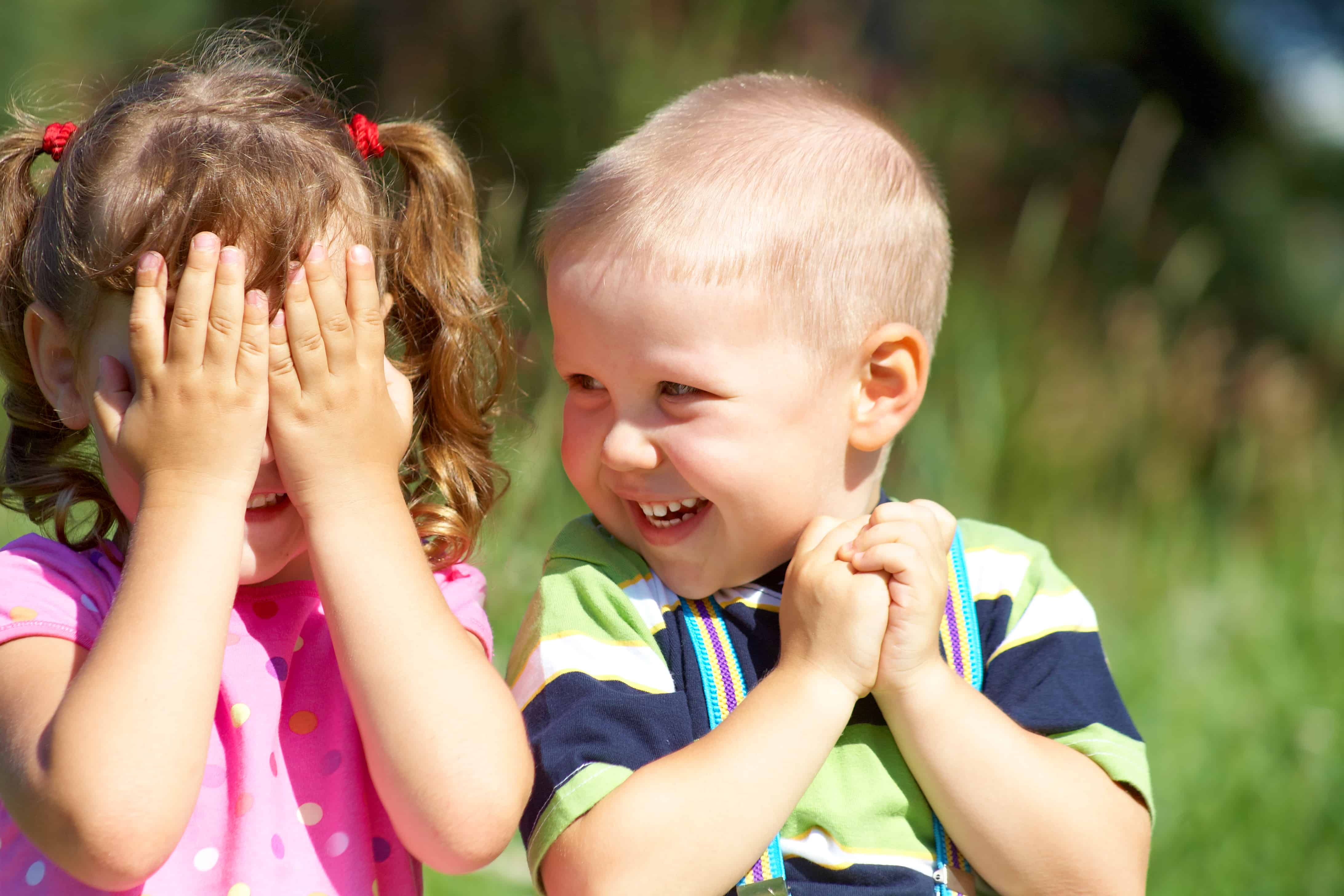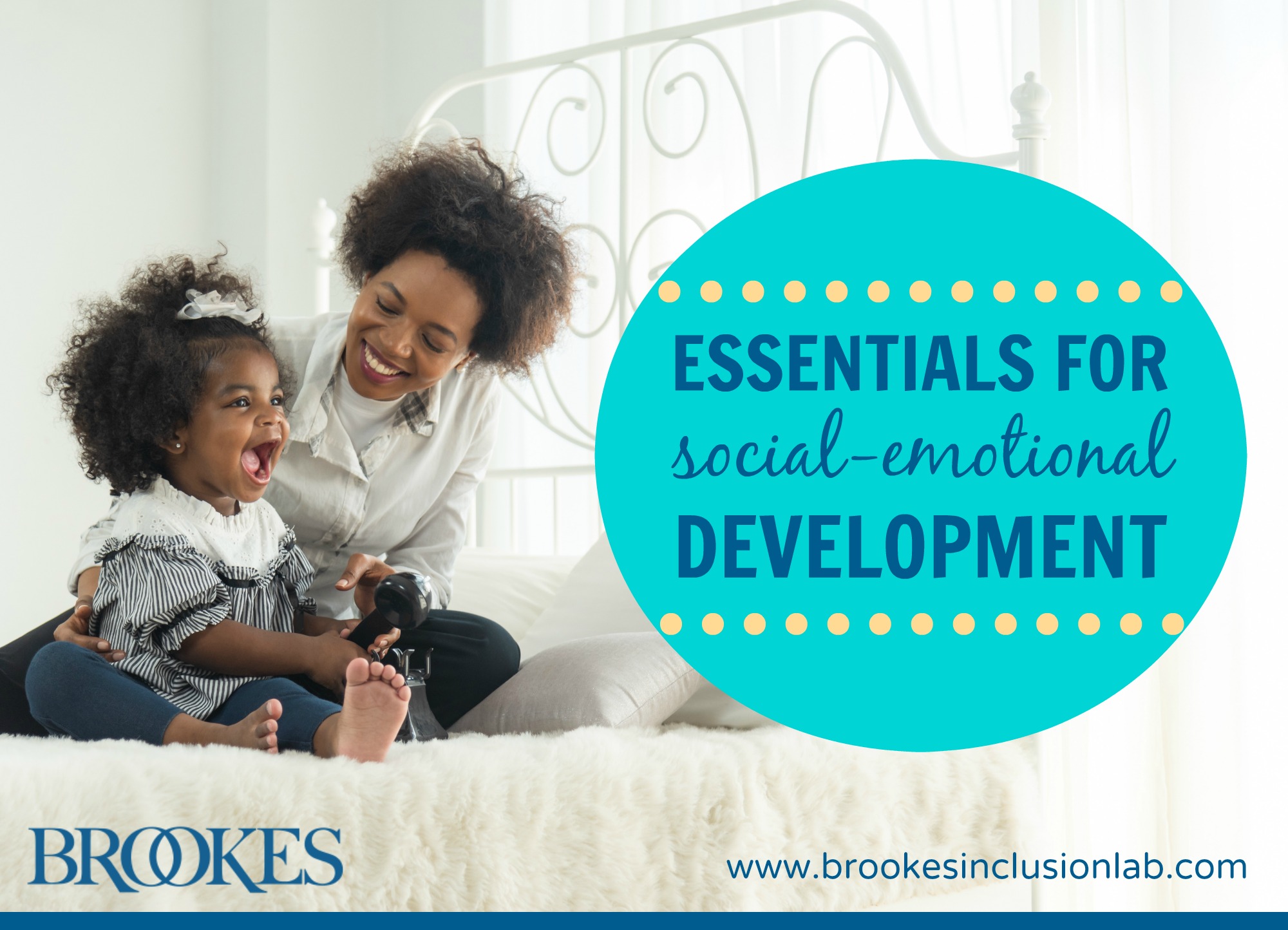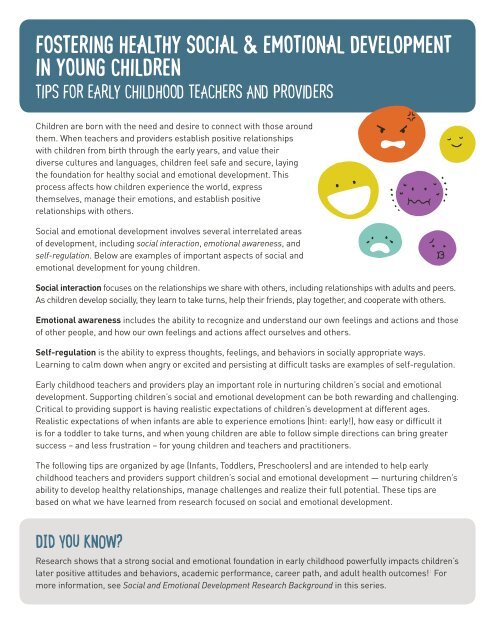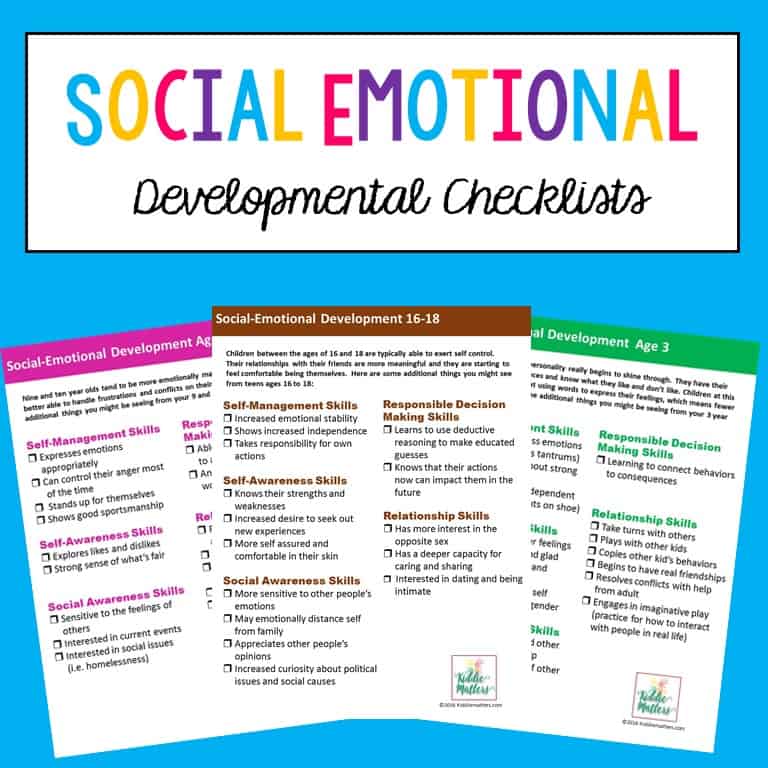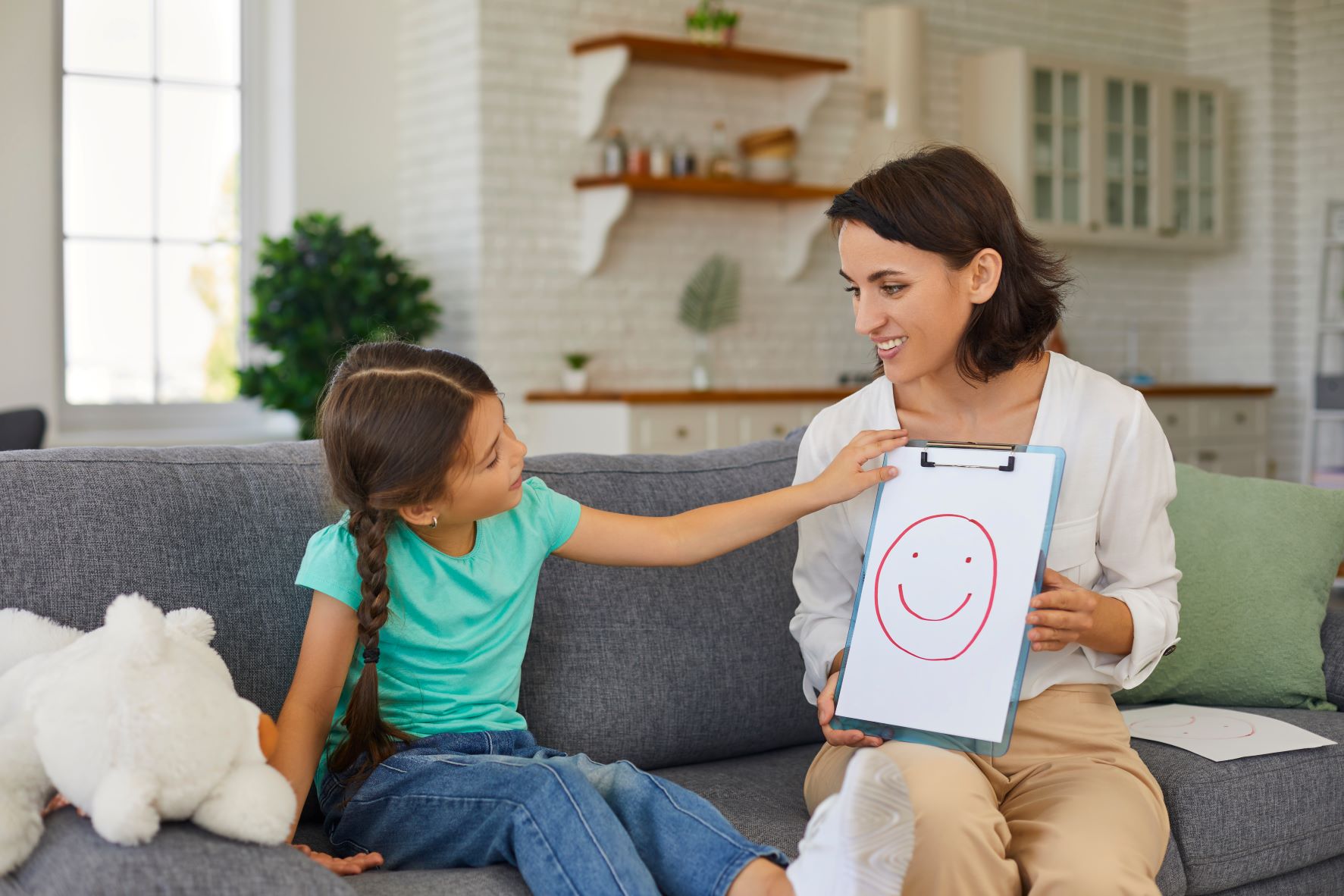Looking Good Info About How To Support Emotional Development In Children

Tools in the calming toolbox.
How to support emotional development in children. Children are never too young to learn emotional regulation strategies, such as breathing and progressive muscle relaxation. The first emotions that can be recognised in babies include joy, anger, sadness and fear. Parents can also boost empathy and build emotional intelligence by encouraging their children to think about how other people feel.
How can parents support growth? Encourage curiosity and independence stay calm and offer comfort after outbursts address anger as a valid emotion maintain consistency in. Intentionally teaching strategies that can support children to manage their emotions more appropriately, such as asking for help, moving into a calmer physical space, deep.
A support guide for families is included in the resources. One of the best ways to build children’s social and emotional skills is through enhancing their language and communication. • express pride in accomplishments.
Engaging young children in emotional. Start by inquiring about your child's own. It helps them develop tools to regulate their emotions and enjoy good mental health.
You can also use pretend play as a way to. Physical, active play can help children to: Express emotions such as smiling and laughing negotiate with peers during games such as turn taking, establishing rules of games,.
Emotional development is a complex task that begins in infancy and continues into adulthood. Research supports that talking to children. Help them to label feelings.
Provide your child with opportunities to play independently, with caregivers, and with children. It can be really useful to draw or make faces together, showing them feelings like ‘happy’, ‘sad’ and ‘angry’. When your child is emotionally dysregulated, their upstairs and downstairs brain are not talking to each other, and therefore these tools may not be as effective.
This is one of the core facets of. 4 steps to help you dealing with a child’ emotions adult recognises the emotion. For most infants and young children, social and emotional development unfolds in predictable ways.
These are necessary skills for learning and succeeding in school. Physical responses (like heart rate, breathing and hormone levels) behavioural displays of emotion feelings that children and young people. Social and emotional development impacts your child’s ability to get along with others and get their needs met in safe ways.
Set limits on behaviors, not emotions. Include different types of play, such as nature. • express interest in daily activities.
